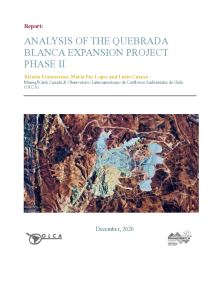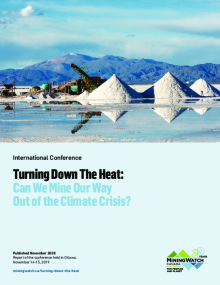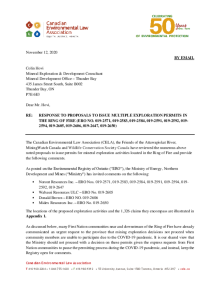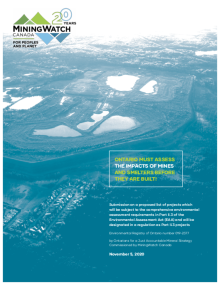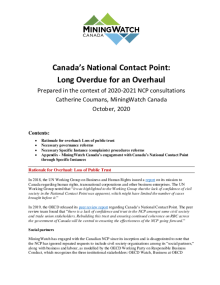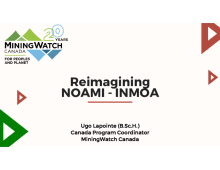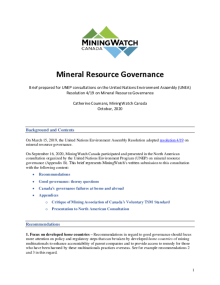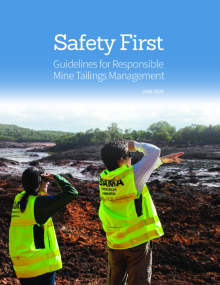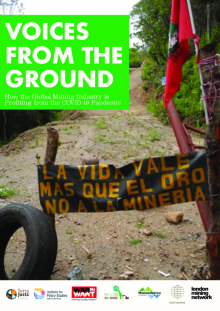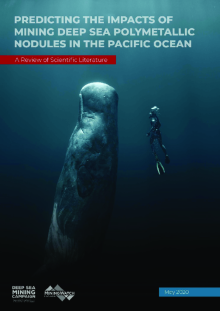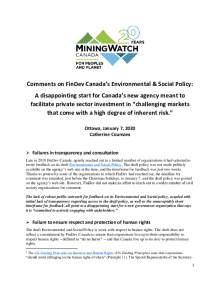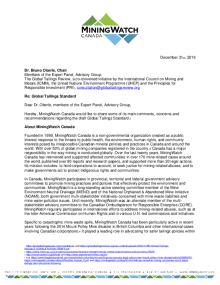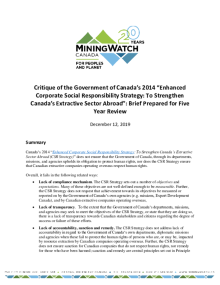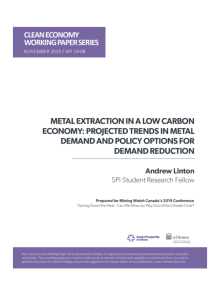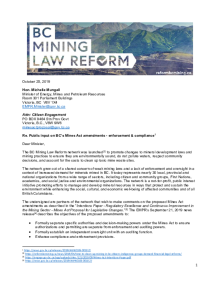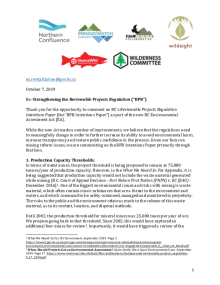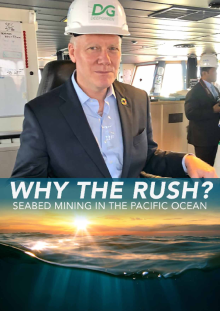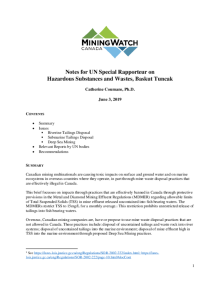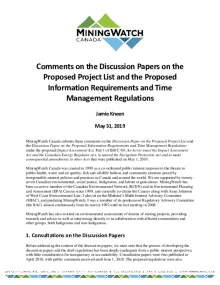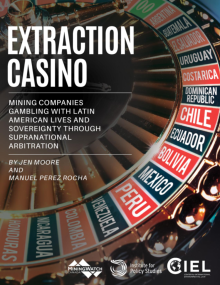Analysis of the Quebrada Blanca Expansion Project Phase II
The Quebrada Blanca Phase II (QBP2) Expansion Project will require more than 4.7 billion dollars in capital investment and is financed by Japanese and Canadian banks and finance corporations. The expansion project is an open-pit copper-molybdenum-silver mine which contemplates a life-of mine of over 25 years, with a capacity of 140,000 tonnes per day (tpd). Following construction the mine will be one of the largest mines in Chile and among the 20 largest mines in the world. It is being erected atop of the existing pit in the Tarapacá region – an area of Chile that is already saturated with large-scale mines.
